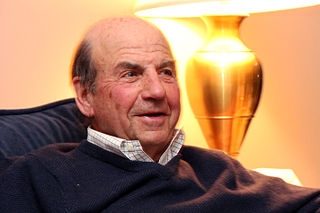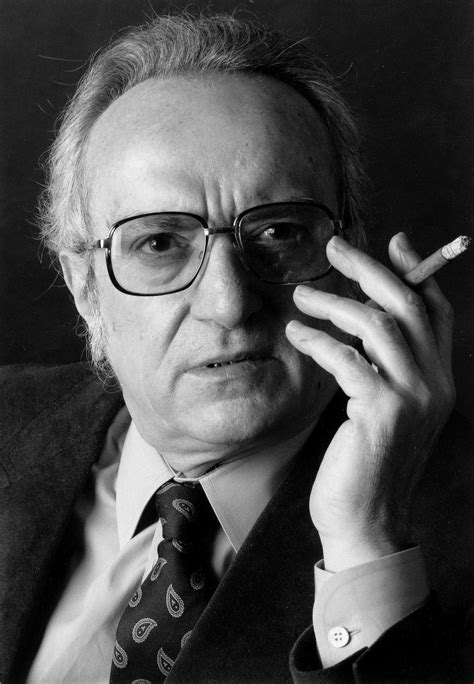A Quote by Elizabeth Neel
I had studied history at Brown and didn't feel like doing anything with it. What does one do with a history degree besides become a historian? And the professors in school, it seemed like they were just writing books for other professors to comment on, and vice versa - it was the most self-referential, boring world you could ever imagine.
Related Quotes
The introduction of the Christian religion into the world has produced an incalculable change in history. There had previously been only a history of nations--there is now a history of mankind; and the idea of an education of human nature as a whole.--an education the work of Jesus Christ Himself--is become like a compass for the historian, the key of history, and the hope of nations.
Very few college professors want high school graduates in their history class who are simply "gung ho" and "rah-rah" with regard to everything the United States has ever done, have never thought critically in their life, don't know the meaning of the word "historiography" and have never heard of it. They think that history is something you're supposed to memorize and that's about it. That's not what high school, or what college history teachers want.
Theology is a non-subject. I'm not saying that professors of theology are non-professors. They do interesting things, like study biblical history, biblical literature. But theology, the study of gods, the study of what gods do, presupposes that gods exist. The only kind of theology that I take account of are those theological arguments that actually argue for the existence of God.
What people forget is that the most radical thing about Obama is that he was the first black man in history to imagine that he could become president, who was able to make other Americans believe it as well. Other than that, he is a centrist, just like I try to be. He's been bridging divisions his whole life.
I mean, when I got to Brown, the place was riven, because you had older professors who were basically new critics and had been teaching a certain way for 30 years. And then you had this other gang who was down with the semiotic program. And as a student, you were, in a way, forced to choose which cohort you were going with.
There's still sexism in the world, so there's still sexism in publishing and in graduate school. But it is different. Now, it's more coded and harder to detect. It was more explicit when I was in school. There were no rules against male professors asking out female students. The reverse didn't happen since female professors were rare or nonexistent. Visiting writers came, 90% of them male, and some expected that a female student would materialize as his date for the visit.
The Reverend Douglas Wilson may not be a professional historian, as his detractors say, but he has a strong grasp of the essentials of the history of slavery and its relation to Christian doctrine. Indeed, sad to say, his grasp is a great deal stronger than that of most professors of American history, whose distortions and trivializations disgrace our college classrooms. And the Reverend Mr. Wilson is a fighter, especially effective in defense of Christianity against those who try to turn Jesus' way of salvation into pseudo-moralistic drivel.








































